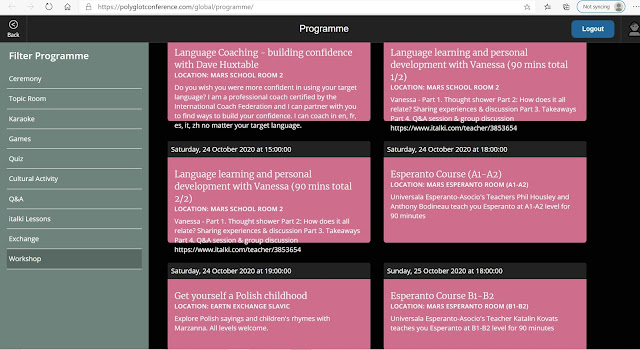How to be polite in Polish?
PROSZĘ and DZIĘKUJĘ - these two words are more or less everything you need to be polite in Polish.
Tourist: Poproszę bilet do Warszawy. (A ticket to Warsaw, please.)
Cassier: Proszę! (Here you are.)
Tourist: Dziękuję! (Thank you!)
'English kindliness has a whole system of morality behind it, a system that makes "kindness" an entirely positive virtue. Polish kindness has the tiniest element of irony.'
Eva Hoffman,
Lost in Translation
Britons might think that Poles are arrogant for forgetting about all those "please" and "thank you" phrases but this is just the way we are brought up. To us your lengthy introductions to simple questions often seem to be pretentious, exaggerated and overpolite. In Poland uveruse of the word "proszę" arouses suspicion. If you make this mistake people will think you're being ironic or are somehow a little bit soft. On the other hand, it is difficult for Poles to come to terms with the British understanding of kindness. Initially it seems so artificial. It takes time to get used to this.
I will show you the differences on my own experience. I used to work at reception and among my duties was opening the garage door for our tenants. A simple thing, which doesn't involve any special commitment. One only has to press a button! What would Polish people say if they wanted to enter the garage?
I'll give you examples based on my own experience:
- Dzień dobry! Kowalski, (nazwa firmy), miejsce numer osiem. (Good morning + surname, company and bay number.)
or maybe
- Dzień dobry! Jan Kowalski, (nazwa firmy), miejsce numer osiem.
Proszę otworzyć. (Open, please.)
or
- Dzień dobry! Kowalski, (nazwa firmy), miejsce numer osiem.
Otworzy mi pani? (Will you open for me Mrs?)
or
- Dzień dobry! Kowalski, (nazwa firmy), miejsce numer osiem.
Czy może pani otworzyć? (Can you open Mrs?)
Perhaps someone would even be so polite to say:
- Czy mogłaby pani otworzyć drzwi? (Could you open the door?)
But no one in Poland would say:
-
Dzień dobry! Czy mogłaby pani otworzyć drzwi, proszę? (Could you, please, open the door?)
even worse:
-
Zastanawiam się, czy mogłaby pani otworzyć mi drzwi. (I am wondering if you could open the door for me.) There is nothing to "wonder" about, and in fact, I have no choice but open it for you.
Not to mention:
You couldn't open the garage door, could you? We don't even have this kind of construction in our language.
At the beginning I was surprised by this politeness; it sounded so strange to me. But at the same time it felt so nice that people were so kind even regarding such an insignificant matter. I began to think that this is what we are lacking in Poland sometimes - I started thinking with time.
We do have some specific expressions similar to English ones but we keep them only for special occasions, such as asking for a big favour or trying to persuade someone to do something for us.
Here are some of them as proof they really do exist:
Czy mogę prosić o... ? (Can I request...)
Czy mogłaby pani... ? / Czy mógłby pan... ? (Could you ...)
Czy byłaby pani tak miła i ......... ? (Would you be so kind to ...)
Czy zechciałaby pani... ? (Would you be willing to ...) - this is quite advanced one.
Let's hope next time a Polish person forgets to add 'please' to the request, you will remember it's not necessarily an example of bad manners but just a matter of not being accustomed to British culture.
Dziękuję!










